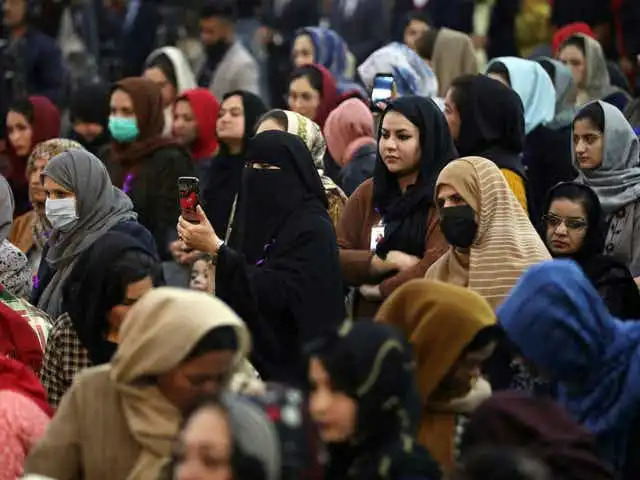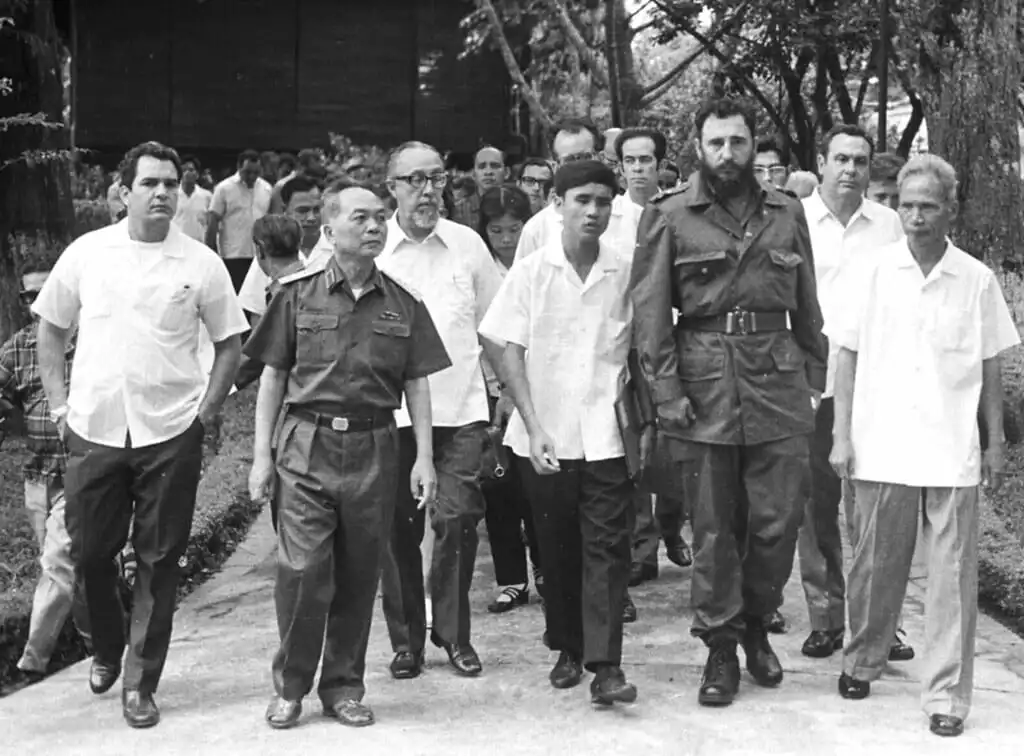The Taliban takeover in Afghanistan has generated an imperial nostalgia among liberal feminists. Gayle Tzemach Lemmon writes in The Washington Post: “With the Taliban seizing control of Afghanistan after two decades, millions of Afghan girls and women are fearful, wondering what lies ahead. They had banked on a future with their fates tied to those of the United States and its NATO allies, but now those ties have been suddenly severed. The international community is looking away just as these women are looking for a lifeline.”
Lemmon’s implicit belief in the ostensibly feminist nature of the interventionist project headed by Washington and its European auxiliaries is fundamentally false. Tariq Ali notes: “There has been little social progress outside the NGO-infested Green Zone…Despite repeated requests from journalists and campaigners, no reliable figures have been released on the sex-work industry that grew to service the occupying armies. Nor are there credible rape statistics - although US soldiers frequently used sexual violence against ‘terror suspects’, raped Afghan civilians and green-lighted child abuse by allied militias.”
Since the US relied on the Northern Alliance to remove the Taliban from power, the hegemonic masculinities promoted by the warlord system of regional militias and power centers were never dismantled. Further, the long years of military campaigns, the drug trade and the corruption within the pro-imperialist puppet regime in Kabul led to widespread poverty, forcing many Afghans to sell their female children as brides, some as young as seven or nine years. These married women were not able to go to school, because Hamid Karzai - the first US-backed president of Afghanistan - upheld a law passed in the mid-1970s which forbade married women from attending school.

If this was not enough, Afghan women - under Western occupation - were abducted, raped, and traded to pay debts or to settle disputes. Thus, the general atmosphere of patriarchy remained; only the outward texture was re-knitted with empty slogans celebrating women. Why did this happen? The invasion and occupation of Afghanistan was - from the start - inherently inimical to women. A masculine, war-mongering chatter of revenge and justice was promoted, with Afghan women acting as the passive features of the narrative of Afghanistan as an untamed land in need of civilization, where abuse of women, terrorist activities and lawlessness thrive.
All this reeked of colonialism which had championed savage intrusion as an instrument for injecting progress into the primitive veins of underdeveloped societies, whose maltreatment of their womenfolk indicated their backwardness. On November 17, 2001, Laura Bush - at that time the First Lady of the US - held her first radio conference to sell the looming US invasion of Afghanistan as upright support for the rights of women. Thereafter, George W. Bush signed the Afghan Women and Children Relief Act (AWCRA), a tactical move that gave moral velocity to America’s murderous undertaking. With the banner of women’s rights in its bloodstained hands, the American empire spawned a social slaughterhouse.
Bombs were dropped and depleted uranium was deployed so that Afghan women could be liberated from their burkas. However, Afghan women were neatly cut out from the official body count of aerial bombardments, prison rapes, and incarceration. As an article notes, “They were innocent victims only when they faced violence from Afghan men.” The disappearance of women from imperialist forms of control was necessary in order to hide the structurally misogynist character of neo-colonialism. In the words of Jennifer L. Fluri:
“In the context of modern US warfare and the use of bombing, there is no gender distinction available. Bombs are not equipped with sensors to kill particular individuals, despite the rhetoric of smart-bomb technology. Aerial forms of military technology provide an efficient and often absolute method of destruction without the technological ability to distinguish between combatants and civilians, women, children, and/or men…the ‘saving women’ trope justifies the aggressive use of these technologies to both create a sense of US citizen security post-9/11, and further legitimize the use of force as a form of US benevolence and justice rather than aggression and vengeance.”

As the Taliban retakes Afghanistan, we need to clearly understand that feminism can’t ride on the coattails of imperialism. The liberation of women can never come externally from the homicidal force of foreign armaments; it is born organically from the internal reserves of popular solidarity. Hence, we need to challenge US imperial wars which turn women into the “collateral damage” of long-distance weapons, and use racialized discourses of male supremacy and female helplessness to legitimize the destruction of countries.
Yanis Iqbal is an independent researcher and freelance writer based in Aligarh, India and can be contacted at yanisiqbal@gmail.com






